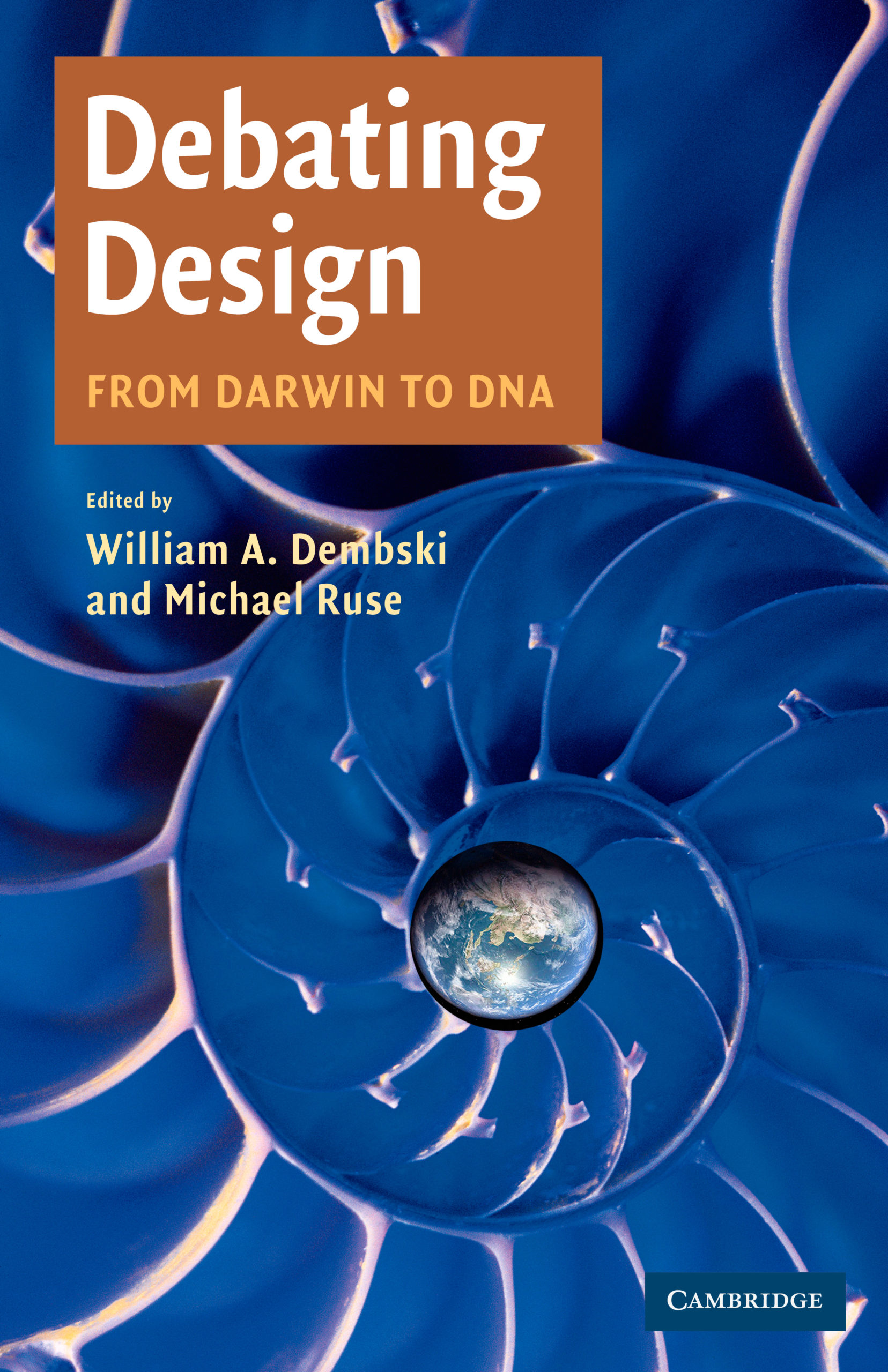Wired magazine reporter criticized for agenda driven reporting
SEATTLE, OCT. 13 — Wired has now gone where no pure science magazine has gone before. In an apparent effort to boost the magazine’s sex appeal, the latest issue wades into the imaginative world of science fiction. “We applaud their move into Sci-Fi,” says Rob Crowther, director of communications for the Center for Science & Culture at Discovery Institute, referring to Read More ›

